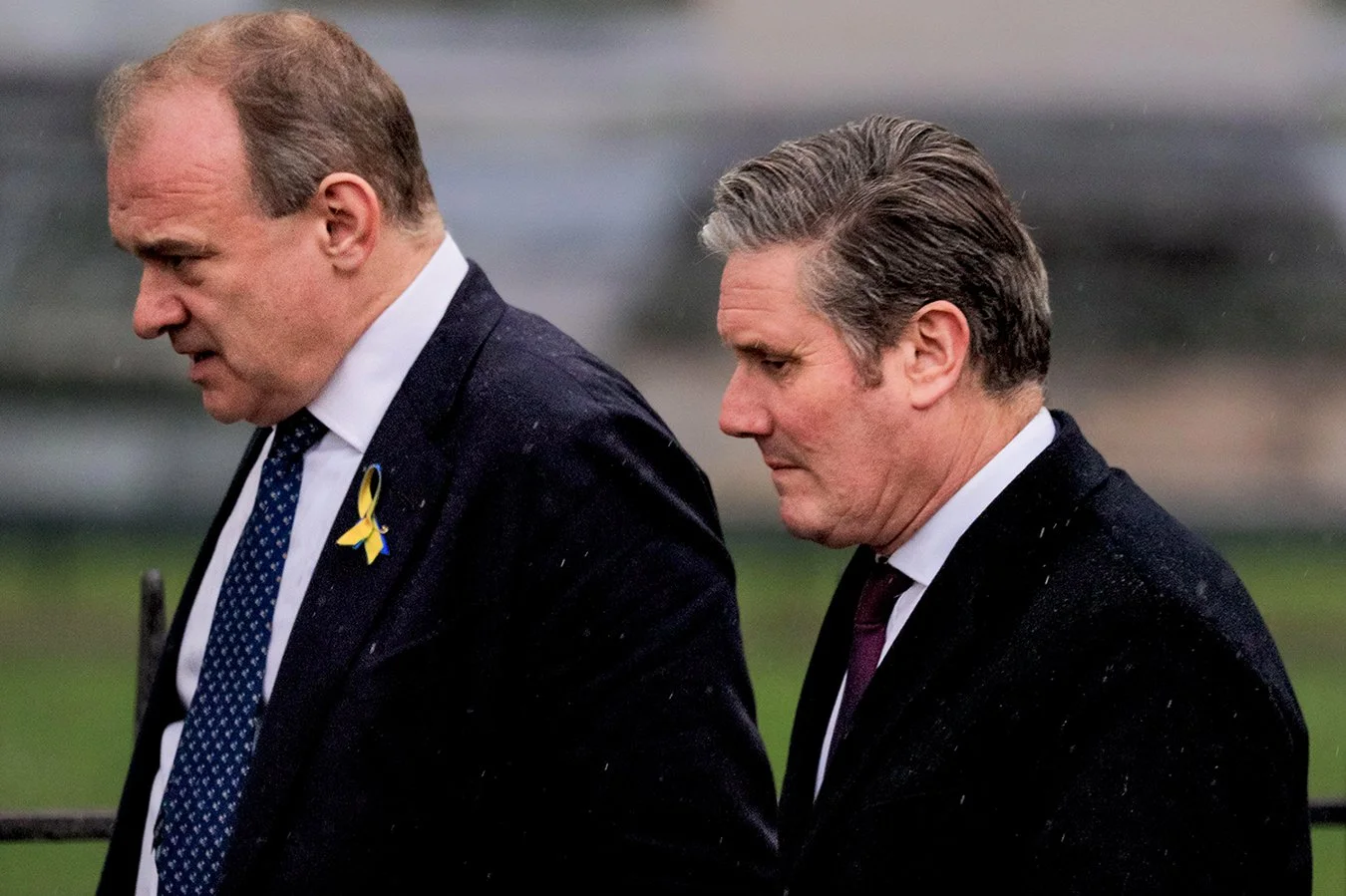Evaluate the view that the opposition is effective in the House of Commons
Opposition refers to parties who sit in Parliament but are not in government, such as the Lib Dems and SNP, with the most prominent being His Majesty’s opposition – the Labour party. Opposition parties play an effective role in scrutiny seen through their involvement in the legislative process, PMQs/UQs and select committees. Therefore, opposition parties play a key role in holding the government to account, meaning they are certainly effective in the House of Commons.
Opposition can be seen to be effective in their role in the legislative process in the House of Commons. Notably, they play a key role following the second reading (the scrutiny stage) where a public bill committee is initiated to look closely at the intricacies of a proposed bill. Additionally, this role can be carried out in the HOC chamber itself. For example, the recent Rwanda bill prompted highly critical and effective speeches made by labour MPs such as Cooper and Chris Bryant – where Bryant raised concerns over the government's interpretation of Parliamentary sovereignty. Indeed, this shows that opposition parties can scrutinise and expose ineffective statute proposed by the government. However, the opposition is weak as they are unable to force poor laws to be rectified. Due to its majority, the government simply ignores the recommendations of opposition parties, and such scrutiny has become a mere formality – with the HOL arguably playing a more important role than opposition MPs in this respect. For example, Johnson was able to force through a no-deal Brexit despite concern from both the LibDems and Labour due to his large 80 seat majority. Despite this, on some occasions the opposition has a greater role in the legislative process. For example, in 2018 Labour collaborated with Thereasa May’s government to implement the (2018) assault on Emergency workers act - via a private member's bill. Therefore, although the power of the opposition is clearly constrained by a lack of majority opposition nevertheless proves effective in areas in which it has control over legislation
Secondly, the opposition is effective in the HOC through their scrutiny during Prime Ministers Questions (PMQs). PMQs allows the PM, leader of the executive branch, to be pressured and drilled on the recent decision and policies of the government. In recent PMQs Starmer has grilled Sunak on his wife’s non-domicile status and pressured the government into changing ‘the line’ on Frank Hester – for his inappropriate comments regarding Dianne Abbots. Additionally, Truss’ performance following the mini budget weakened her image as her policy defence was exposed as hollow – forcing a subsequent U-turn. This demonstrates how PMQs can provide a forum to pressure government and cause direct policy changes. However, many argue that PMQs has little substance which could limit how effective the opposition is in the HOC. Indeed, the tone of debate is theatrical with opposition parties aiming to embarrass the government, and grab press headlines. This means there is little consideration of policy details, but instead short, snappy lines which attempt to undermine and present the government as incompetent. Despite this, PMQs are important as they test the ability of the governing party to respond to recent events and public concerns that are outlined by the media. Therefore, the opposition is effective in Parliament due to its use of PMQs and UQs to carry out scrutiny.
Finally, the opposition is effective in the HOC as they play a key role in select committees. The Wright Reforms (2010) have increased the independence and power of Commons Select committees, making the opposition more effective. Indeed, chairs are now elected in secret ballots leading to chairs being picked their merit and skill – rather than a system of patronage. Yuvette Cooper, a labour MP, chaired the home affairs select committee and her questioning led to the resignation of Amber Rudd when she ‘inadvertently mislead the house’ over the Windrush scandal. This shows how the opposition, in this case Labour, can have a direct and tangible impact on the executive and impact parliamentary agenda. Additionally, the government is forced to respond to the finding of committees within a thirty-day period, and a significant 40% of select committee recommendations are adopted by the government. For instance, the government has implemented a plastic bag levy in response to the suggestions of the environmental select committee. However, as ever the government maintains a majority in select committees and their power is limited. There is no requirement for the government to adopt the ideas of select committees, as the government can simply dismiss them. Further, Boris Johnson was able to avoid scrutiny by parliamentary opposition through his failure to attend the bi-annual Liaison committee on multiple occasions – despite his premiership only lasting for under three years. However, this is only one aspect of select committees and they have proved increasingly effective as an instrument for the opposition to be targeted in their scrutiny of government policies and statements. Therefore, opposition is certainly effective in the HOC due to the use of select committees.
To conclude, opposition parties play an integral and effective role in Parliament. Although, there are significant limitations placed on opposition parties in the absence of a majority and less media attention they certainly challenge the government significantly through legislation, PMQ and select committees – allowing them to maximise the levers provided to the legislature. Therefore, opposition is certainly effective in the House of Commons.
Skye Ingram

